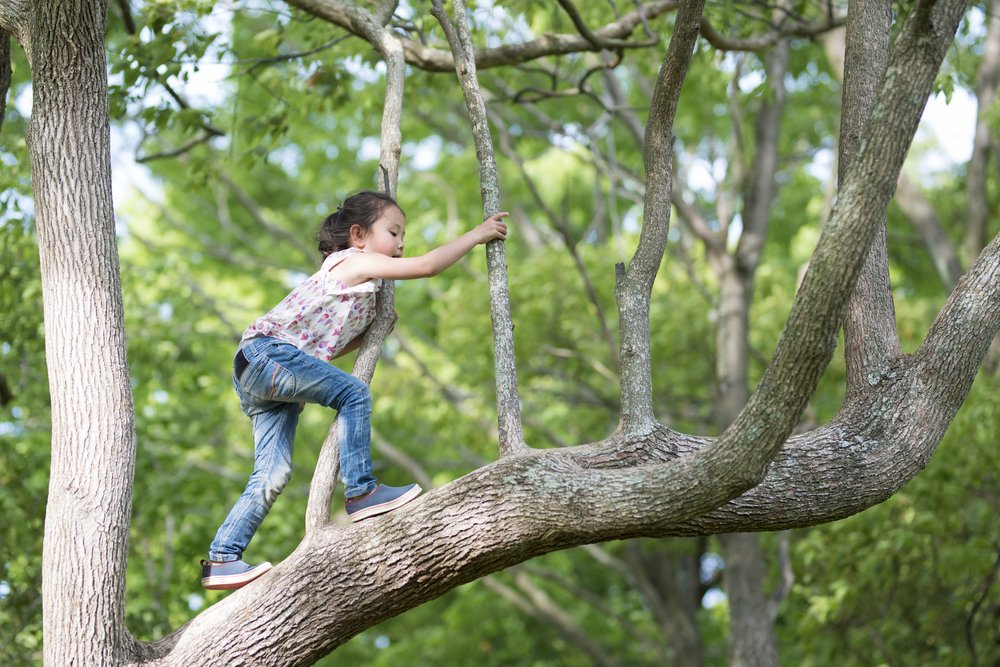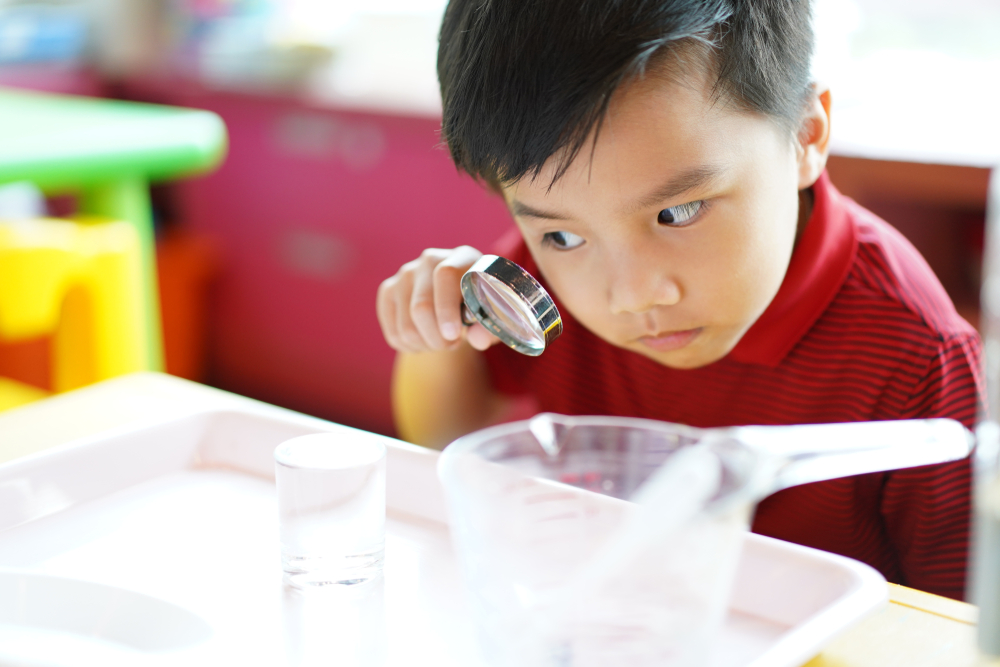A story that enlightens 'monster parents' in 5 minutes'

Written by: Mr. Chiu Wing Tak, a senior education expert and honorary advisor to the Association of Careers Masters and Guidance Masters
If you ask me, in the decades of teaching experience, what are the most unforgettable moments, I would unhesitatingly answer the stories that enlighten people. Why am I so attracted to enlightening moments? Because enlightenment is a form of “higher-level education,” and as someone who deeply loves education, these moments are particularly memorable.
Below is a story of how I enlightened a “monster parent.” Why did this parent become a monster? Because he “pulled out all the stops” to make his son win awards! And I “woke him up” in just 5 minutes!
The “monster parent” was a professional who had very high expectations for his son, demanding that his son win the Best All-Round Student award at school every year. His son had been attending the school where I taught and had already won the all-round award for his grade level for two consecutive years. In the third year, he and his son continued to work hard, hoping to achieve a “hat trick” by winning for three consecutive years!
The student and his father were well aware of the areas the school emphasized, so they focused all their efforts on those key areas. However, that year, an unexpected change occurred when the school increased the weighting of certain subjects’ scores. As a result of this change, the student ended up in second place. Upon learning that he would not be first, both the student and his father were furious. The father did not hesitate to call and vehemently protest to the Brother Principal. The kind-hearted Brother Principal was bothered by the parent for two days straight, and finally passed the matter to me, saying, “Peter, this parent has been talking to me on the phone for half an hour every day, insisting that I promote his son to first place, which has completely prevented me from dealing with other school matters. Please help me out; I’ll give you the parent’s phone number.”

Tactfully persuade to understand the need to face failure early
After understanding the ins and outs of the matter, I immediately called the parent. I understand that this parent loves his son very much, so he started by saying, “Mr. T, I know you love your son dearly, and your son is also doing very well in academics and extracurricular activities.”
The parent responded, “Exactly!”
“Your son has already won the all-around award in both the first and second years of middle school, so it’s only natural that you would want him to win it again in his third year. But…” I paused here. “A person cannot always succeed without failing. Since failure is inevitable sooner or later, Mr. T, would you prefer your son to face failure sooner rather than later?”
The parent, being a person who “gets to the point,” immediately said, “Are you suggesting I should stop pursuing this matter?”
“Not at all, I just want you to consider what’s best for your son, to let him experience minor failures early on. This way, when he faces major failures in the future, he will naturally know how to handle them!”
After some thought, the parent replied, “I understand Mr. Zhao’s point. I won’t pursue it further, thank you for your explanation!”
How did I make the parent see the reason? The answer is: I helped him break free from his fixation. What was his fixation? He was fixated on an unbreakable belief – that a good parent must do everything within their power to ensure their child’s success. From his perspective, I appreciated his efforts, but also gently told him that helping his son accept failure early could also be the mark of a good parent. Being a wise person, he understood the implied message that not allowing his son to face setbacks early could lead to worse pain later. Thus, he suddenly saw the light and accepted my advice.











